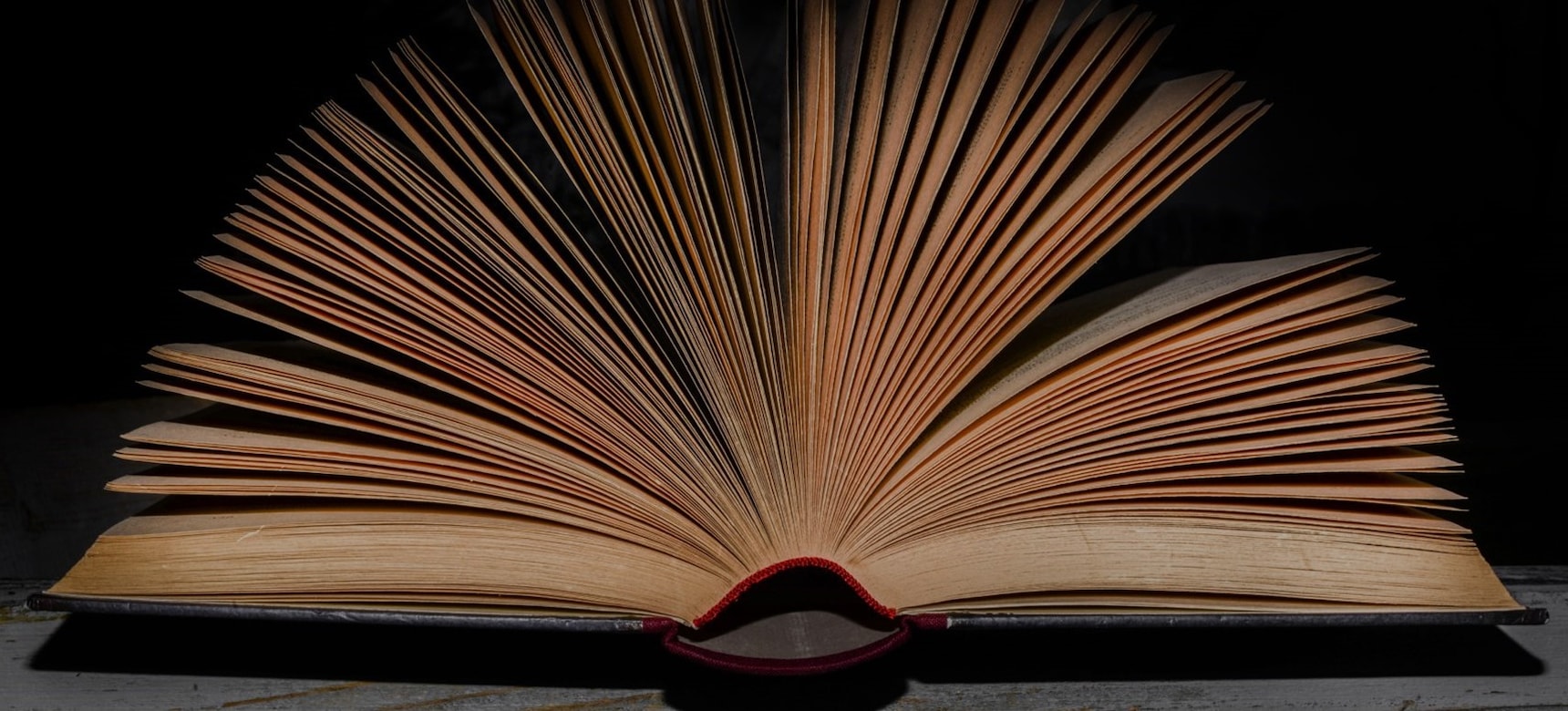
Catalogue raisonné
A catalogue raisonné is a compilation of all the works created by an artist and provides historical and technical information about them.
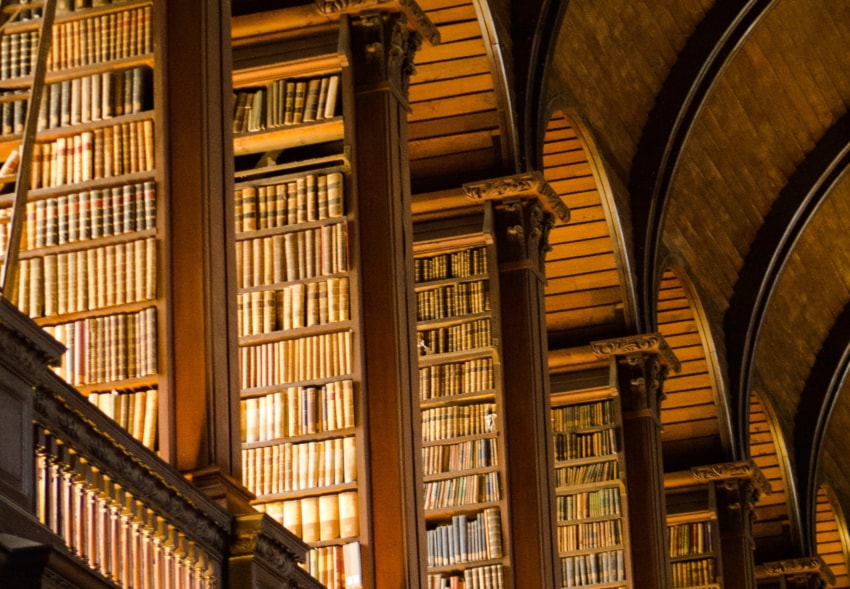
The benefits of a catalogue raisonné
Once completed, the catalogue raisonné is an essential resource for anyone seeking information about the artist, his work and his wider cultural influence.
Catalogues raisonnés are the pillars of art history, as they are the indispensable tool for establishing, or questioning, the authenticity of an artist's corpus of works.
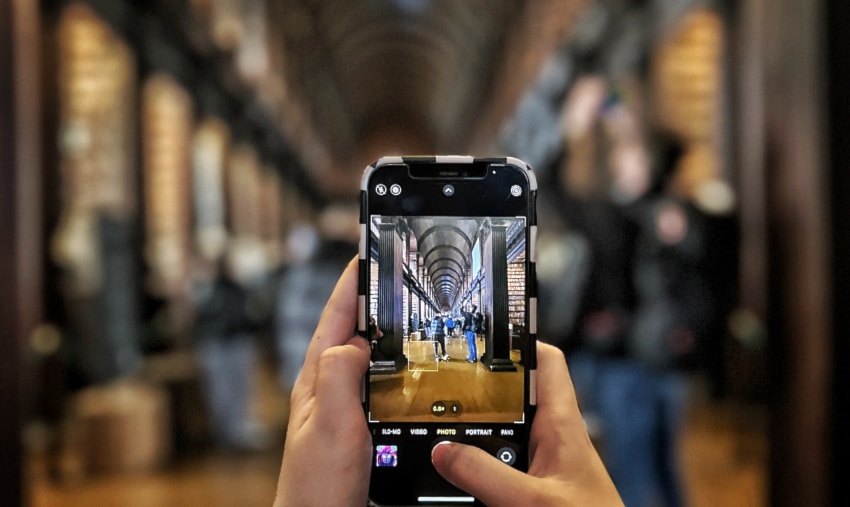
Advantages of the digital
Traditionally expensive to buy and difficult to access, printed catalogues raisonnés are often out of date as soon as they are published.
By contrast, their digital equivalents are both cost-effective and time-efficient, as they can be updated online without the constraints of printing, distribution and accessibility.
Because they can be shared online, they make it easier to promote the artist's work to new audiences and to protect the artist's legacy and intellectual property rights.
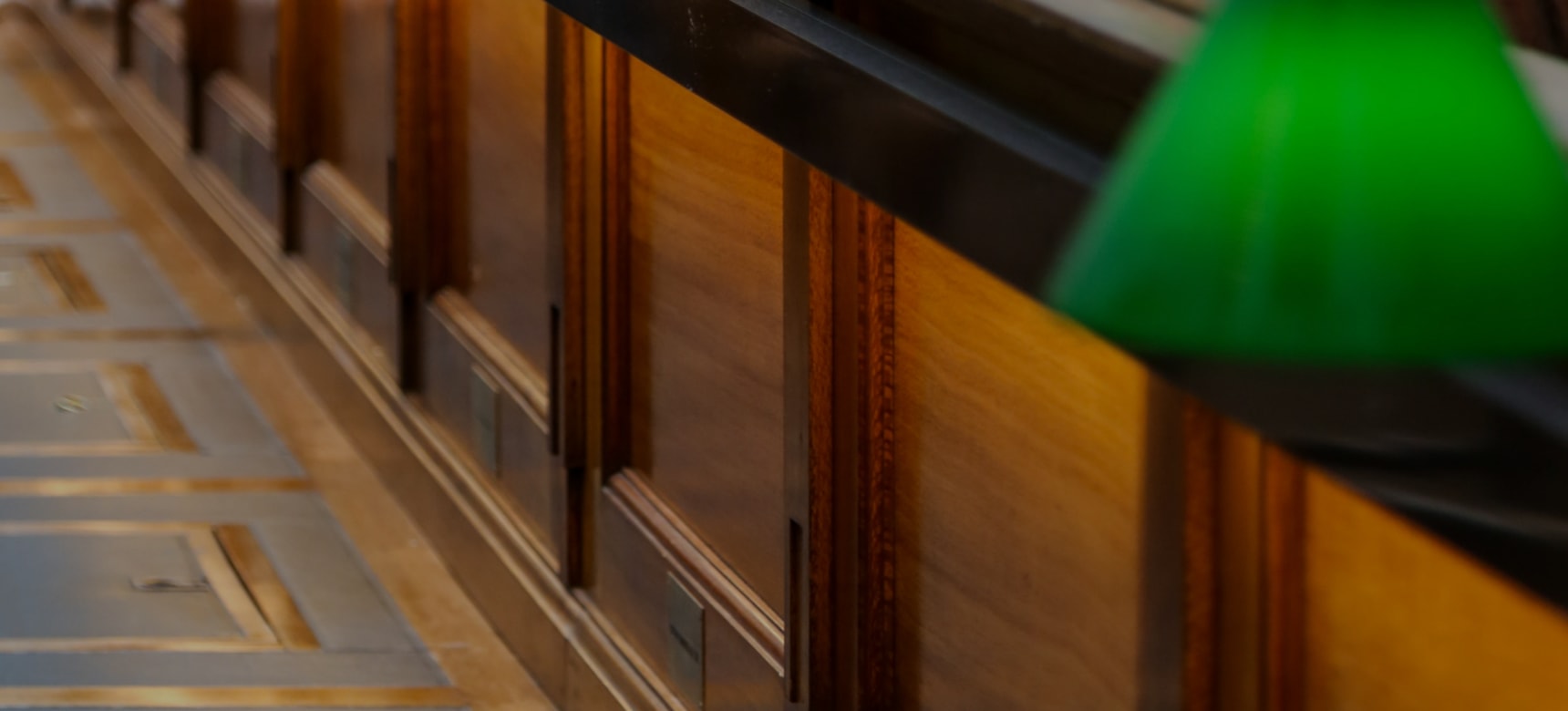
Apply for a grant
The Foundation supports initiatives aimed at improving and developing knowledge of art history through the digital publication of catalogues raisonnés.
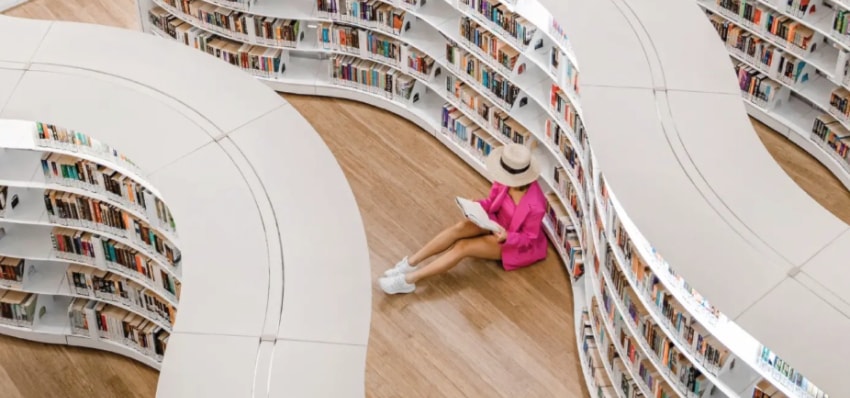
Support
Our grants program supports research and the digital dissemination of catalogues raisonnés in the fields of art history.
There are three types of grant:
Referencing
Referencing on the foundation's platform
Digitisation
Digitisation of an existing catalogue raisonné
Research
Creation of a new catalogue raisonné
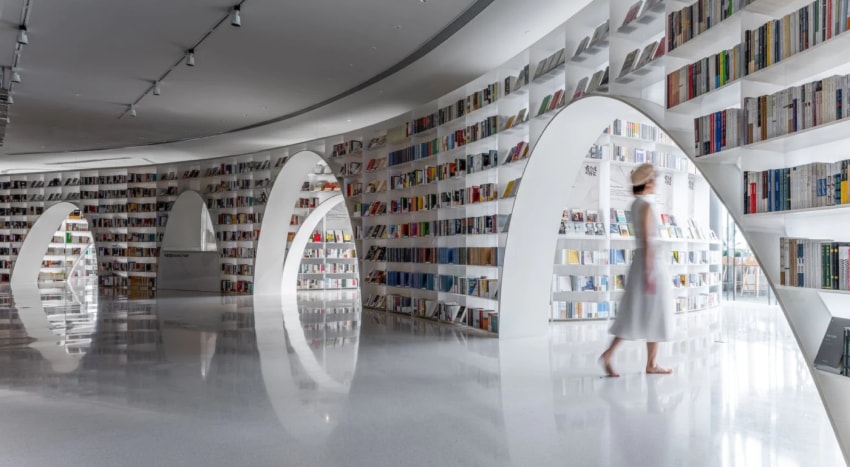
Application
Applicants must give details of the project for which they are applying for a grant and its timetable. They must demonstrate how the project fits in with our priorities for supporting art history, bearing in mind that projects are assessed on the basis of their originality, comprehensiveness, academic rigour and contribution to the field. Applicants are also invited to submit a brief professional curriculum vitae describing their academic and/or professional achievements, together with letters of recommendation from two personsattesting to the originality of the subject and the applicant's suitability to pursue such a project. All applications should be sent to the foundation via the following e-mail address: info@catalogue.foundation.
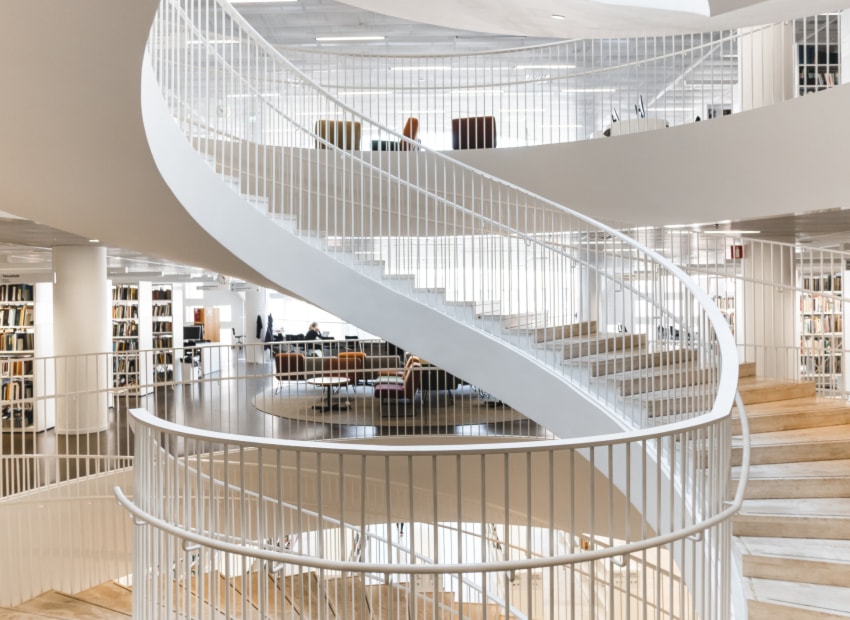
Evaluation
All applications are first checked to ensure that they meet the grant’s criteria. If the application does not demonstrate that the project - using a catalogue raisonné - has a clear art historical perspective, the applicant will be informed and the application will be rejected.
All successful applications will then be assessed by our Scientific Advisory Board.
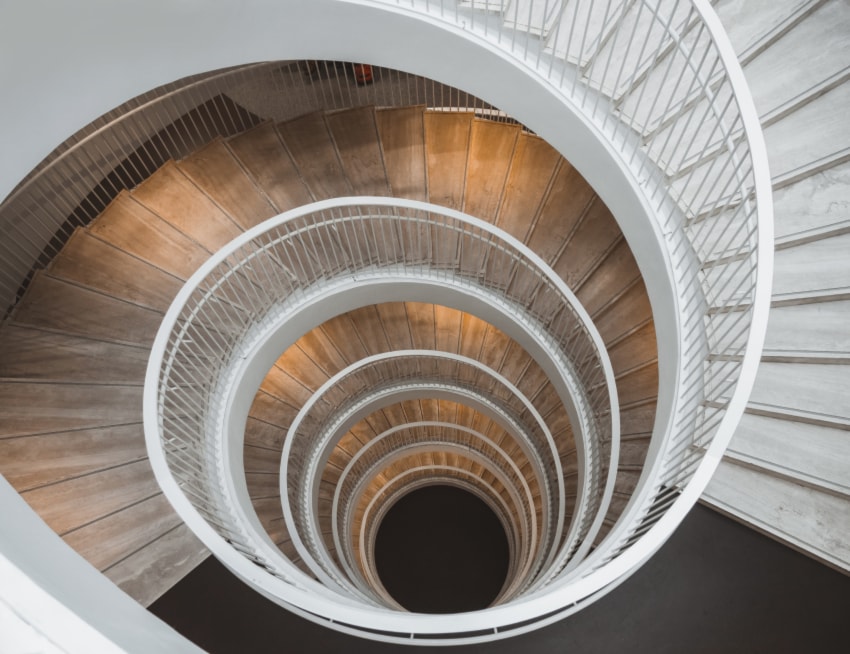
Calendar
Each year, the Foundation offers two cycles of grants. Applications for grants awarded following the October Scientific Council are opened at the beginning of June and close in mid-September. Applications for grants awarded following the April Scientific Council are opened in early January and close in mid-March.

Follow-up
Once the projects have been approved, the Scientific Committee will monitor them until they are completed, assessing whether they have achieved the objectives set out in the chosen methodology within the allotted time.

Make a donation
Preserving, sharing and promoting our heritage is everyone's responsibility.
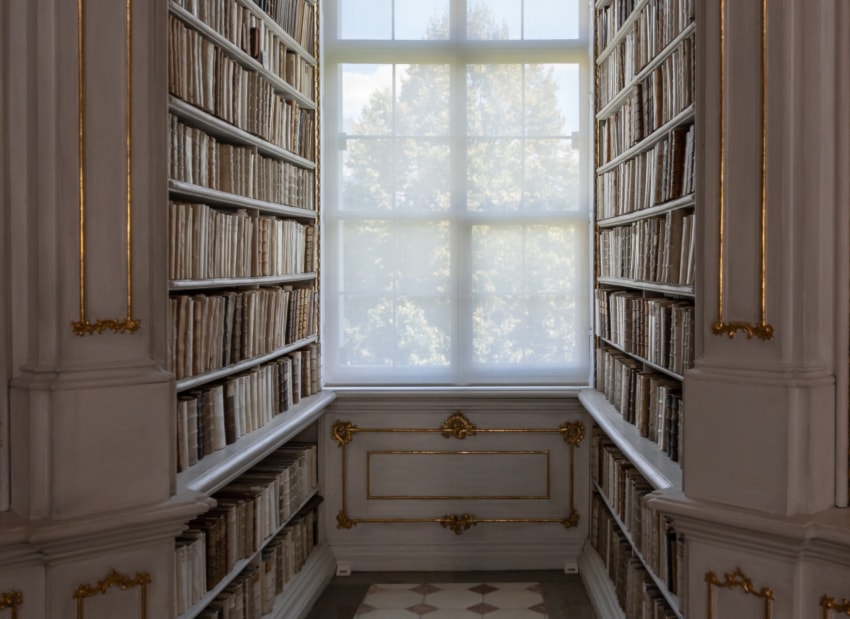
Philanthropy
Depending on your wishes and objectives as individual or corporate, we will work with you to develop a tailor-made solution for the resources you wish to devote to philanthropy, near you and/or internationally, as part of our foundation's mission.
All requests for information should be sent to the foundation via the following e-mail address: info@catalogue.foundation.
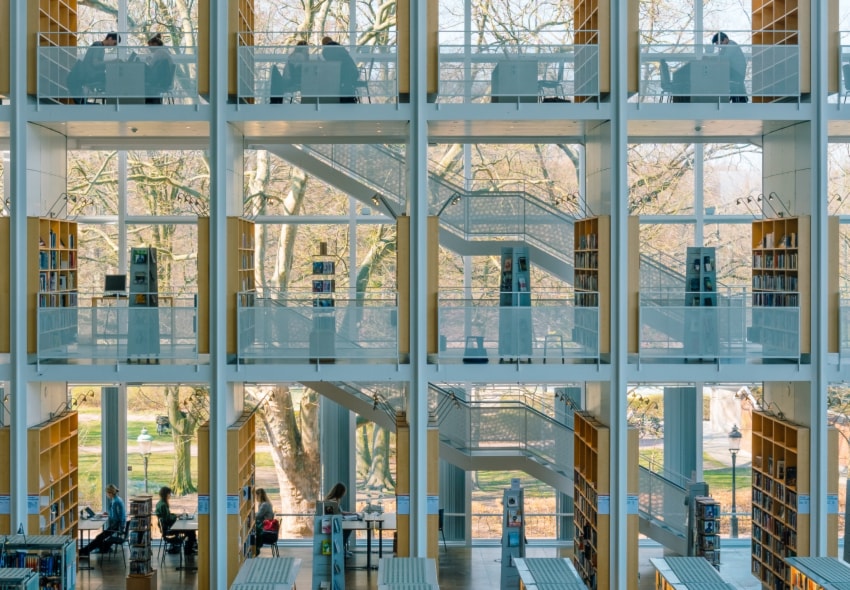
Partners
The foundation is supported by :
Erie Foundation
Magritte Foundation
MasterArt
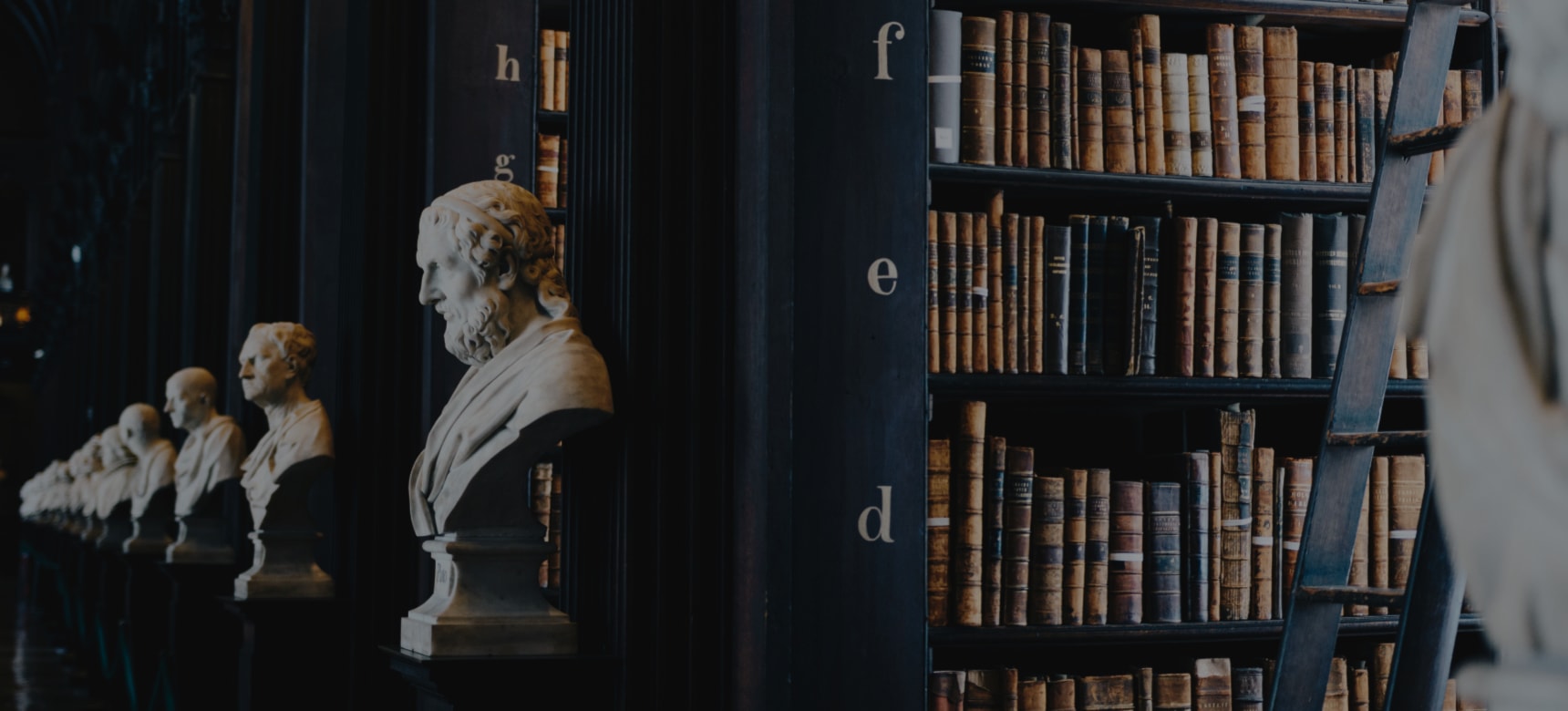
Foundation
Based in Brussels, the Foundation is an educational charity and research institute that promotes projects aimed at improving and extending knowledge of art history through the digital publication of catalogues raisonnés.
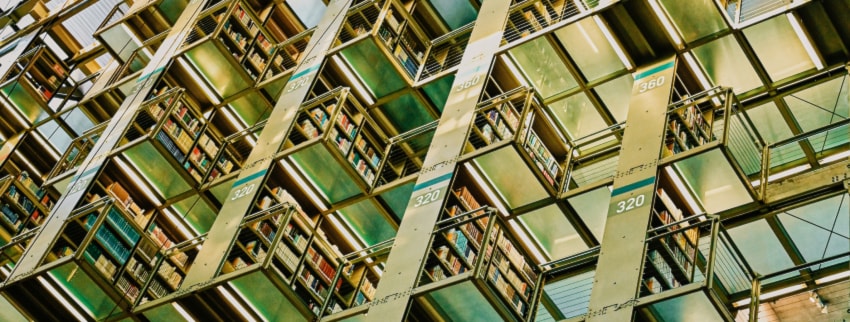
Mission
Each of the following objectives will be pursued:
To provide
provide appropriate digital tools
Produce
support the most relevant initiatives
Preserve
preserving the history of our artistic heritage
Share
Encourage the sharing of knowledge
Promote
Stimulate interest, knowledge and research
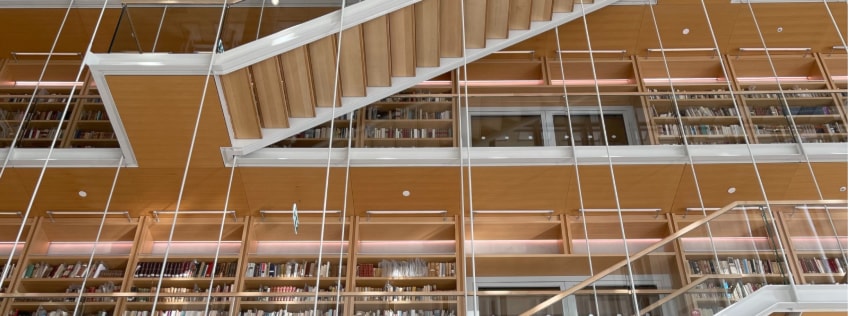
Scientific Councils
For each country (Belgium, France, Spain, etc.), the Executive Committee appoints a Scientific Council made up of art history experts. These Scientific Committees select the projects and monitor their implementation. This is the very heart of the foundation. They will be deployed gradually, starting with Belgium at the beginning of 2024. Their composition is continually adapted according to the nature of the projects.
Belgium
The Belgian Scientific Council is chaired by Xavier Canonne, a doctor in art history and archaeology (ULB, Brussels and Sorbonne, Paris). The author of numerous books and curator of just as many exhibitions, he is currently Director of the Musée de la Photographie in Charleroi. He is accompanied by Yadira Castellanos Estrabao, a graduate in art history and archaeology (ULB, Brussels and Sorbonne, Paris). She has a scientific approach and is an accredited legal expert. She is currently President of the Scientific Committee of the Arcadia Foundation in Lugano.
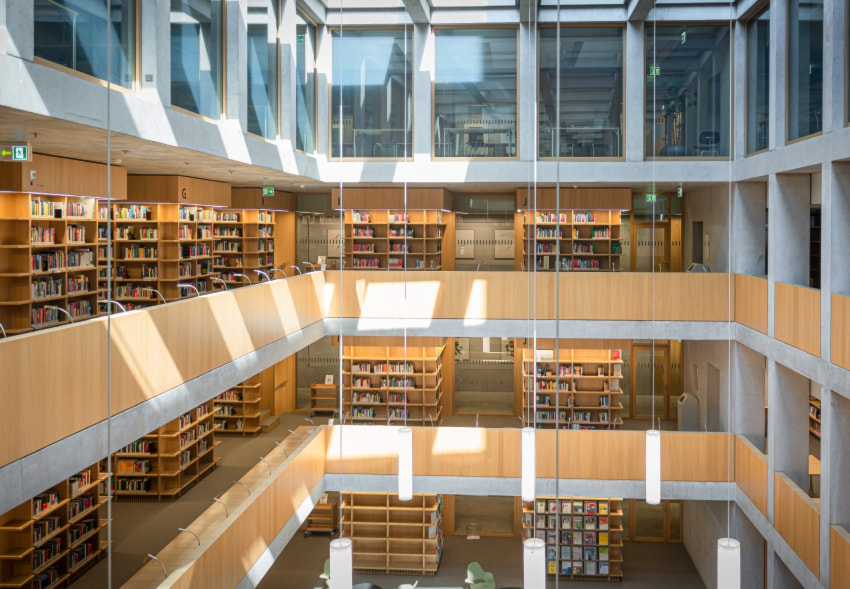
Executive Committee
The foundation is managed by an Executive Committee made up of : Ms Vanessa Marquette, lawyer, Partner at Loyens & Loeff, Mr Adriano Picinati di Torcello, International Art & Finance Coordinator for the Deloitte Group and Mr Jérôme Terlinden, Managing Director of Masterart. It oversees the work of the national Scientific Councils in accordance with the decisions taken by the General Meeting. It is chaired by Jérôme Terlinden.
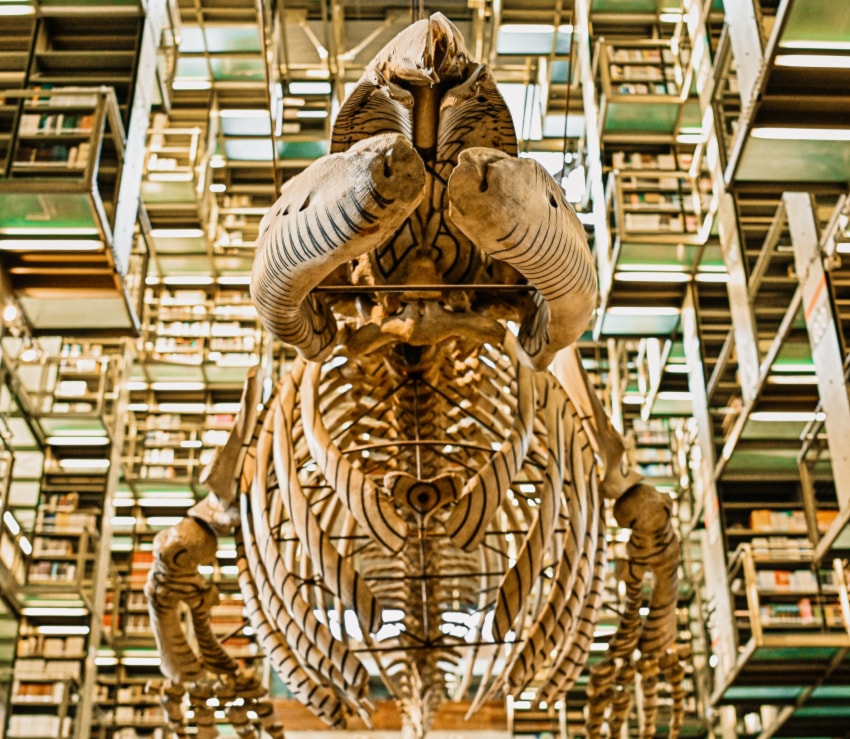
Audit
The annual accounts are supervised by Deloitte, a world-renowned firm of chartered accountants.
